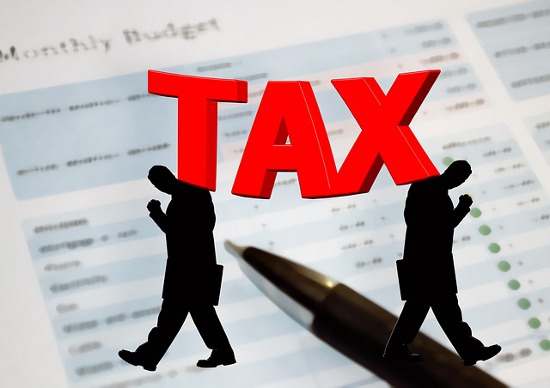Most paperwork relating to taxes is highly complex, which is why lots of people become frustrated with it. As well as calculating your income for the year, so that you can determine the correct percentage of tax to pay, these documents also feature subtractions or additions for particular circumstances. For example, people who work for themselves might be allowed to deduct costs associated with their business, like their petrol or rental fees. Parents might be permitted to make deductions if they have to fund their child’s college education. While these deductions do sometimes reduce the amount you have to pay, they are often difficult to comprehend.
The tax rules in Australia
In the majority of countries, citizens have to submit tax returns annually. The tax year falls between July 1st and June 30th in Australia, and tax returns have to be submitted by October 31st to avoid paying a fine. Hiring a tax accountant is generally regarded as a sensible option, because these professionals know the system well, and might identify deductions that you would have missed.
What a tax Accountant Does
A tax accountant will point out costs that can be partially or completely deducted. This can encompass a broad variety of costs, such as those involved with operating a home business, or those related to cleaning staff uniforms, for instance.
An accountant will help you to manage your finances, to ensure that you benefit fully from the deductions you are entitled to. It might be that your superannuation program is not working in your best interests, or that you have not claimed tax benefits when you could have done. Alternatively, you could have missed some deductible costs, like healthcare payments for elderly relatives, for example.
You accountant will file your tax return properly if not that you can get tax service by Pivot Advantage Accounting and Advisory Inc., promptly, and keep up to date with any changes to financial law. After they have worked with you once and familiarise themselves with your situation, they will understand your future income demands and be better placed to assist you during the next financial year. These professionals can offer advice on other financial issues too, like if you needed a loan to upgrade your property.
Aircon Finance in Focus
The average homeowner spends $3736 to $7194 on new air conditioning units, including installation, parts, and labour. Window units only cost a few hundred dollars, but these are normally a temporary solution. Typically, homeowners end up installing completely new units. Single range units cost between $4000 and $6000, double range units cost between $6000 and $8000, and units with variable capacity cost over $8000. Due to these significant costs, homeowners often look for air con finance.
Numerous online lenders and financial organizations provide personal loans designed to cover big home expenses, like AC replacement. Nonetheless, if these types of loans are not suitable, homeowners can use contractor financing solutions, home equity loans and credit cards to reduce the upfront fees.
Personal Loans for Air Conditioning Units
Personal AC loans provide a lump sum of cash, with a predetermined rate of interest, and a monthly repayment plan that can last for months or years. Typically, you do not have to use your property for collateral (unlike home equity loans), and the costs do not fluctuate when interest rates change like they do with credit cards. In general, personal loan interest rates are not as high as credit cards or other loan products.
Other Lending Solutions
Credit cards provide versatile financing, in the sense that you can use them to cover other costs, once you have paid the balance on them. Nonetheless, the rate of interest on credit cards frequently reaches double digits. Some HVAC engineers provide financing options to homeowners that are similar to credit cards, although the interest rates for these might be more than personal loans too.
Credit lines and home equity loans are offered by a range of lenders, and these can have interest rates that are lower than personal loans. Notwithstanding, these loans use your property as collateral, and you might be charged closing costs and appraisal fees to determine your home’s market value. In contrast, if you have a steady job and a good credit score, you might be able to get a personal loan with an attractive interest rate.
If you are looking for Cloud Bookkeeping, then Click here




















